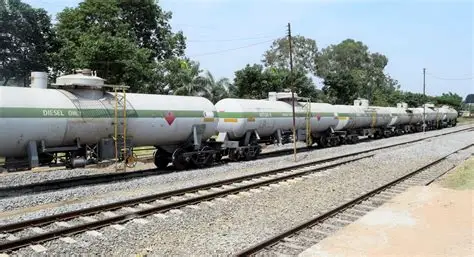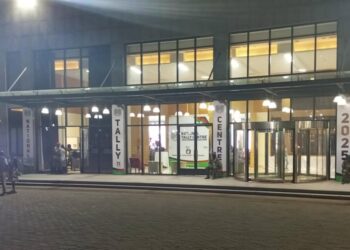In a development that is sending waves of hope and optimism across Malawi, the National Oil Company of Malawi (NOCMA) has announced a major breakthrough in fuel procurement under the visionary leadership of President Dr. Lazarus McCarthy Chakwera and the Malawi Congress Party (MCP) administration.
For a country that has for years grappled with erratic fuel supplies, high pump prices, and foreign exchange volatility, this is more than just good news, it is a historic milestone worth celebrating.
NOCMA revealed this week that the recently adopted Government-to-Government (G2G) fuel procurement model is already paying off, saving the country a staggering US$100 per metric tonne (MT) in fuel costs.
This cost-efficiency has been made possible through direct fuel purchases from globally renowned oil companies, OQ Trading (OQT) of Oman and Abu Dhabi National Oil Company (Adnoc) of the United Arab Emirates (UAE).
“The cost, insurance, and freight (CIF) premium for diesel under the G2G deal stands at $77.17 per MT and $69.89 per MT for petrol. This is significantly lower than the $175.71 and $185.90 per MT respectively under the traditional tender-based procurement system,” NOCMA spokesperson Raymond Likambale explained in an interview.
He added: “This can show you how cost-effective the G2G arrangement is for the country.”
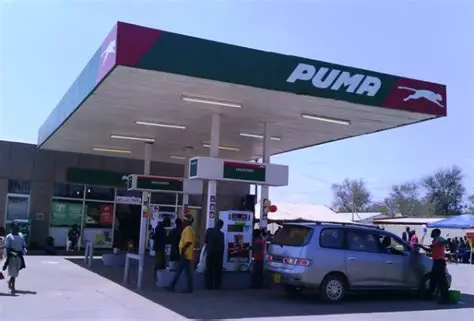
Indeed, the numbers speak volumes. Malawi is now saving close to 60% in fuel procurement premiums, a financial relief that translates to reduced pressure on forex reserves, enhanced fuel security, and a ripple effect on the broader economy.
To fully appreciate the significance of this development, one must recall the bleak chapter in Malawi’s recent past, particularly during the 2011–2012 fuel crisis under the Democratic Progressive Party (DPP) administration.
That period was marked by long, agonizing queues at fuel stations, with some citizens spending nights in their vehicles just to get a few litres of petrol or diesel. Businesses ground to a halt, transport systems broke down, and hospitals struggled to keep emergency services running.
It was a time of despair that left deep scars on the national psyche.
Today, under President Dr. Chakwera’s administration, we were almost closer to that dark era but the current administration has been working tirelessly to normalize fuel supply in the country. Now Malawi is slowly experiencing a complete reversal of that unfortunate trend.
The MCP government has not only ended the long-standing puzzle of fuel scarcity but has done so in a manner that is economically sound and diplomatically strategic.
The G2G arrangement, unlike previous systems where Malawi had to rely on expensive middlemen and volatile commercial tenders, is a direct result of high-level bilateral engagements and strategic diplomacy.
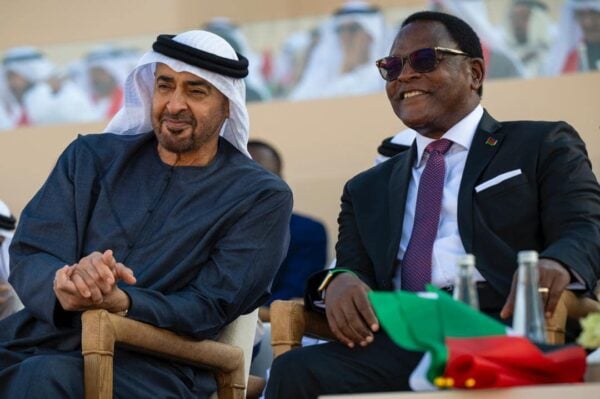
The Chakwera administration took bold steps to engage directly with fuel-producing nations and secure deals that offer both affordability and sustainability.
It’s important to note that this is not Malawi’s first attempt at bilateral fuel procurement. In 2023, the country procured 40,000MT of fuel under a Kenya-UAE deal. While helpful, that arrangement was still intermediated and lacked the directness and long-term benefits of the current G2G model.
Now, for the first time in its history, Malawi is purchasing fuel directly from source companies, those that extract and process the fuel. This removes layers of inefficiencies and ensures transparency and better control of pricing and quality.
NOCMA has confirmed that fuel from Tanzania will be transported by road, while that from Mozambique will be delivered by rail.
The strategic use of both routes reflects improved logistical planning and infrastructure development, again a testament to this administration’s seriousness in resolving the energy puzzle once and for all.
The first two fuel vessels are scheduled to arrive at the Port of Tanga in Tanzania between July 9 and 12, with additional shipments docking at Beira, Mozambique between July 14 and 16. These deliveries are not just timely, they are a lifeline for a country seeking to stabilize its economy and support key sectors like agriculture, health, and transport.
President Lazarus Chakwera and the MCP-led administration have, once again, demonstrated that good governance is not about rhetoric, but about results.
While previous administrations promised much and delivered little on fuel security, this government has rolled up its sleeves and tackled the issue head-on with diplomacy, vision, and action.
In a region where fuel prices and availability can trigger political unrest and economic instability, Malawi stands out as a beacon of strategic leadership.
Citizens no longer have to worry about waking up to dry pumps, and transporters can now plan their routes with confidence. The sense of national stability that comes from guaranteed fuel supply is immeasurable.
Beyond the pump, the benefits of this development will be felt across multiple sectors.
Lower fuel premiums mean less forex strain on the Reserve Bank of Malawi, which in turn helps stabilize the kwacha and reduce inflationary pressures.
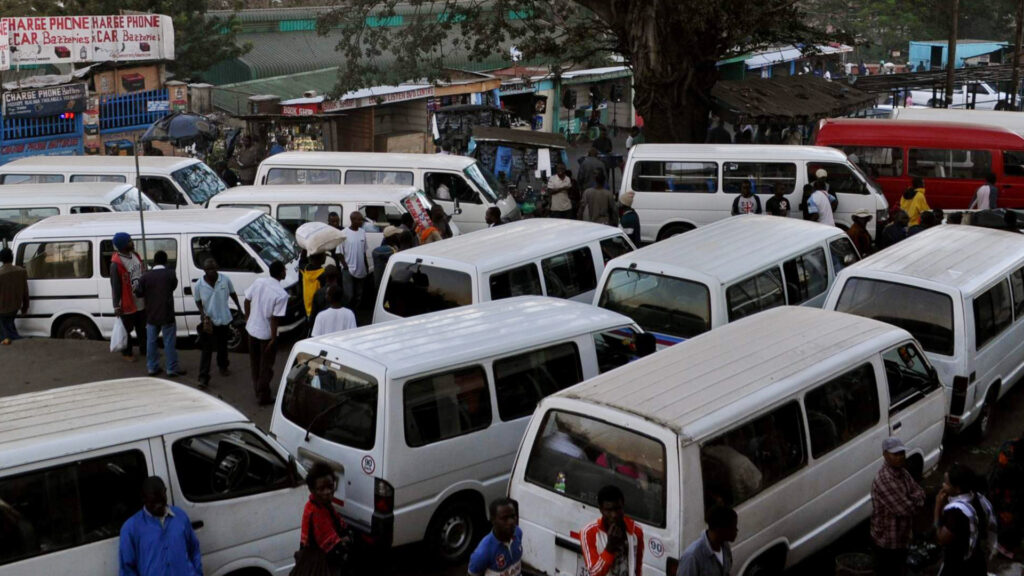
Transport costs for goods and services could ease, giving consumers some relief in the cost of living. Industries reliant on fuel, such as agriculture, mining, and manufacturing can now operate with predictability and efficiency.
Moreover, the credibility Malawi gains on the international stage through such smart deals enhances its attractiveness for foreign investment.
Development partners and financiers prefer stable, well-governed nations. President Chakwera’s administration is clearly sending a strong message: Malawi is serious about economic reform, stability, and long-term growth.
A Moment to Reflect and Celebrate
As Malawians reflect on the journey from the bleak nights of 2011 to the bright prospects of 2025, this is a moment to recognize and celebrate leadership that delivers. The G2G fuel procurement is not just about supply chain decision, it is a bold declaration that Malawi is rising.
Under the stewardship of President Dr. Lazarus McCarthy Chakwera, Malawi is proving that visionary leadership, when combined with strategic diplomacy and economic prudence, can break the toughest of puzzles.
It is now incumbent upon all stakeholders—citizens, civil servants, and political leaders to rally behind this momentum and build on these gains. For in this success lies the blueprint for solving many more national challenges.
And with President Chakwera at the helm, the journey to a better tomorrow is not just a dream—it is happening.


